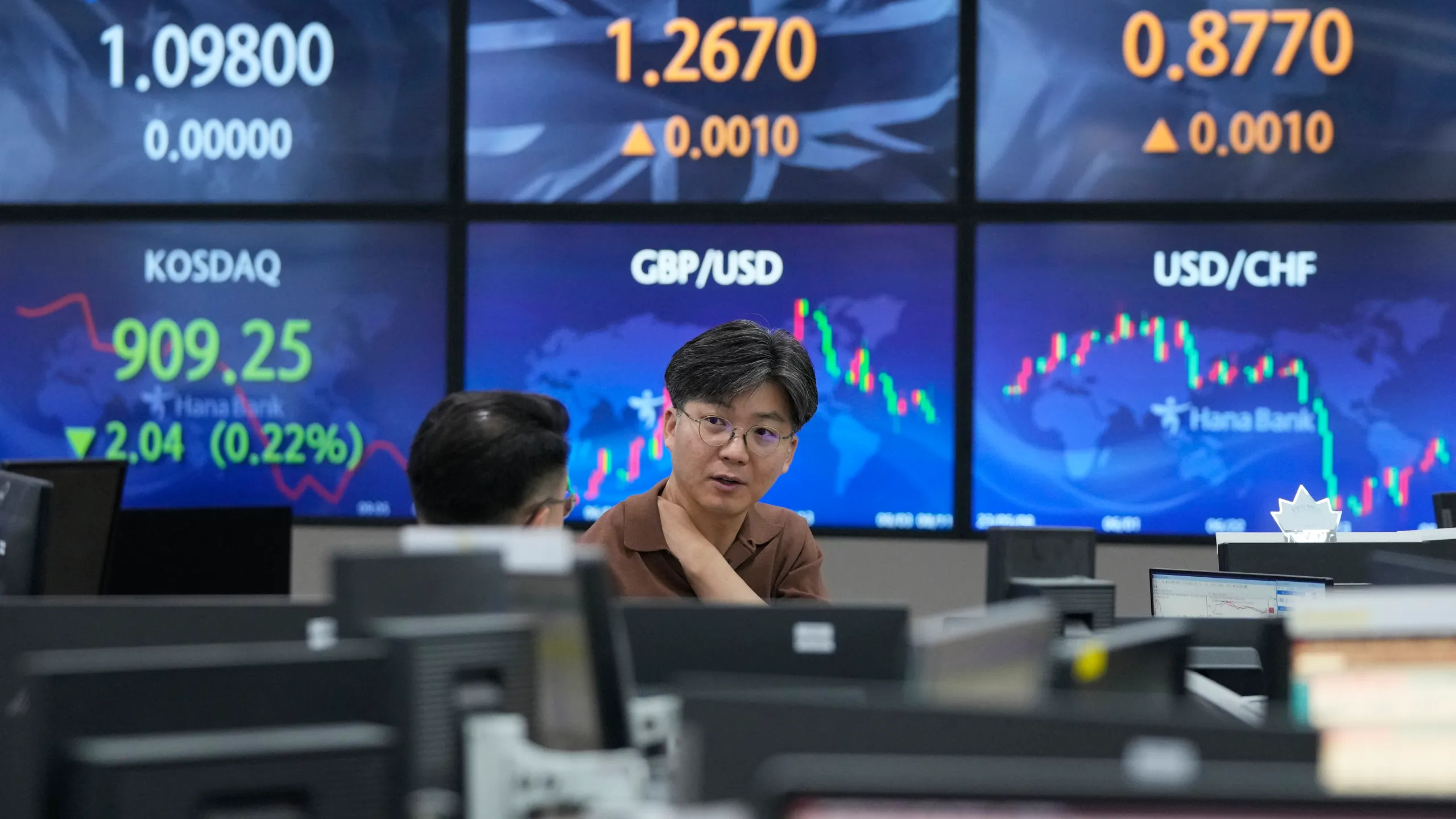Asian Markets Decline Amid U.S. Economic Data And Middle East Tensions
Asian markets decline as U.S. payroll data and Middle East tensions unsettle investors, reshaping expectations for Federal Reserve rate cuts and impacting regional economies from Japan to China.
Author:Hajra ShannonReviewer:Paula M. GrahamJan 09, 2024657 Shares43.8K Views

Most Asian markets declineon Monday, influenced by the unexpected surge in U.S. nonfarm payrolls, which led investors to reassess their expectations for early Federal Reserve interest rate cuts.
This sentiment shift came in the wake of December's nonfarm payrolls data, which exceeded forecasts and prompted a reduction in bets that the Federal Reserve would implement interest rate cuts as early as March 2024. The anticipation of the fourth-quarter earnings season further contributed to the cautious stance among traders.
U.S. stock futures remained relatively stable in Asian trading on Monday. However, regional trading volumes were impacted by a market holiday in Japan. Attention is now focused on the Tokyo inflation readings for December, scheduled for release on Tuesday.
Japan's Earthquake Impact and Regional Market Trends
A devastating earthquake in central Japan further dampened market sentiment, especially towards Japanese stocks. The earthquake's aftermath is expected to delay the Bank of Japan's plans to tighten its ultra-dovish policy due to increased spending and rebuilding efforts.
The broader Asian indexes maintained a narrow range, with Australia's ASX 200 experiencing a slight decline ahead of upcoming inflation, trade, and retail sales data. China's Shanghai Shenzhen CSI 300 and SSEC indexes fell by 0.7% and 0.8%, respectively, continuing their losses into the new year. Weak sentiment towards China is expected to persist, with upcoming inflation and trade data likely to reflect the ongoing economic challenges indicated by December's disappointing purchasing managers index readings.
Hong Kong's Hang Seng index declined by 1.1%, largely due to the negative performance of mainland stocks. South Korea's KOSPI remained stable, while futures for India’s Nifty 50 index indicated a subdued opening. The focus in these regions is also on impending inflation reports and central bank decisions.
Middle East Tensions and U.S. Market Reactions
Amid these regional developments, broader sentiment towards risk-driven assets was influenced by the ongoing conflict in the Middle East, particularly the Israel-Hamas war, which continues to show little sign of de-escalation.
In the United States, markets are bracing for the consumer price index data for December, which is expected to reveal a slight increase in inflation. This data is particularly significant as it follows the recent nonfarm payrolls report, which suggested little easing in the labor market. Analysts at ING believe that this situation provides less incentive for the Fed to start aggressively loosening its policy, expecting any rate cuts to commence no earlier than May.
The CME Fedwatch tool indicated that traders have reduced their expectations for a 25 basis point rate cut in March, down from 73.4% to nearly 63%. In contrast, U.S. tech-related shares drove a significant jump in the Nasdaq, while U.S. oil prices declined by 4% due to Saudi Arabia's price cuts, which overshadowed the tensions in the Middle East.
Boeing's Challenges and U.S. Economic Indicators
Boeing (BA.N) shares fell by 8%, influenced by the U.S. Federal Aviation Administration's decision to ground some Boeing 737 MAX 9 jets following an incident involving an Alaska Air Group (ALK.N) jet. The U.S. dollar and Treasury yields also softened as investors await the U.S. inflation data and consider the timing of potential rate cuts by the U.S. central bank. A report from the New York Federal Reserve indicated that consumers anticipate lower inflation, as well as weaker income and spending in the coming years.
In the cryptocurrency sector, Bitcoin saw a significant rise, reaching its highest level since April 2022. The U.S. Securities and Exchange Commission's upcoming decision on Bitcoin exchange-traded funds is eagerly anticipated.
Looking ahead, stock investors are focused on the forthcoming quarterly results from major companies, including JPMorgan Chase (JPM.N). The S&P 500 technology index experienced a 2.8% increase, with Chris Zaccarelli, chief investment officer at Independent Advisor Alliance, expressing optimism about the sustainability of gains in megacaps following last year's performance.
The Dow Jones Industrial Average, S&P 500, and Nasdaq all reported gains, reflecting a positive trend in U.S. markets. The MSCI world equity index, which tracks shares in 49 countries, also experienced an increase. In the energy sector, U.S. crude and Brent crude prices fell, influenced by Saudi Arabia's price cuts and geopolitical tensions in the Middle East, particularly the ongoing conflict between Israel and Hamas.
Conclusion
In summary, Asian markets face a challenging week amid U.S. economic data releases and persistent Middle East tensions, with investors closely monitoring inflation readings and central bank decisions across the region.

Hajra Shannon
Author

Paula M. Graham
Reviewer
Latest Articles
Popular Articles